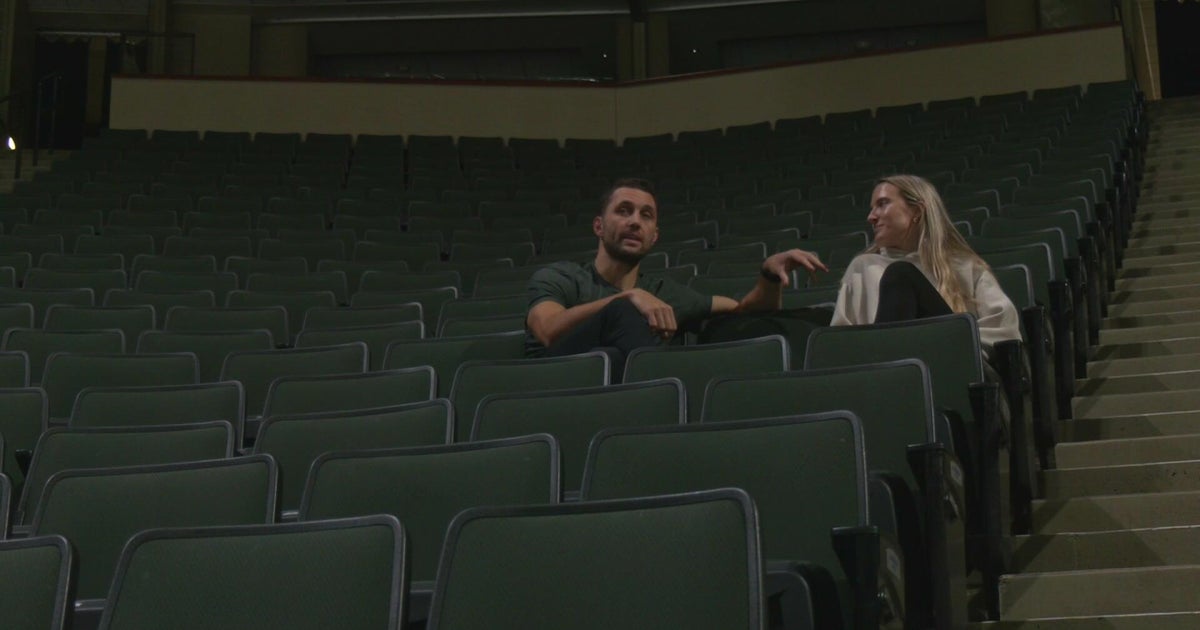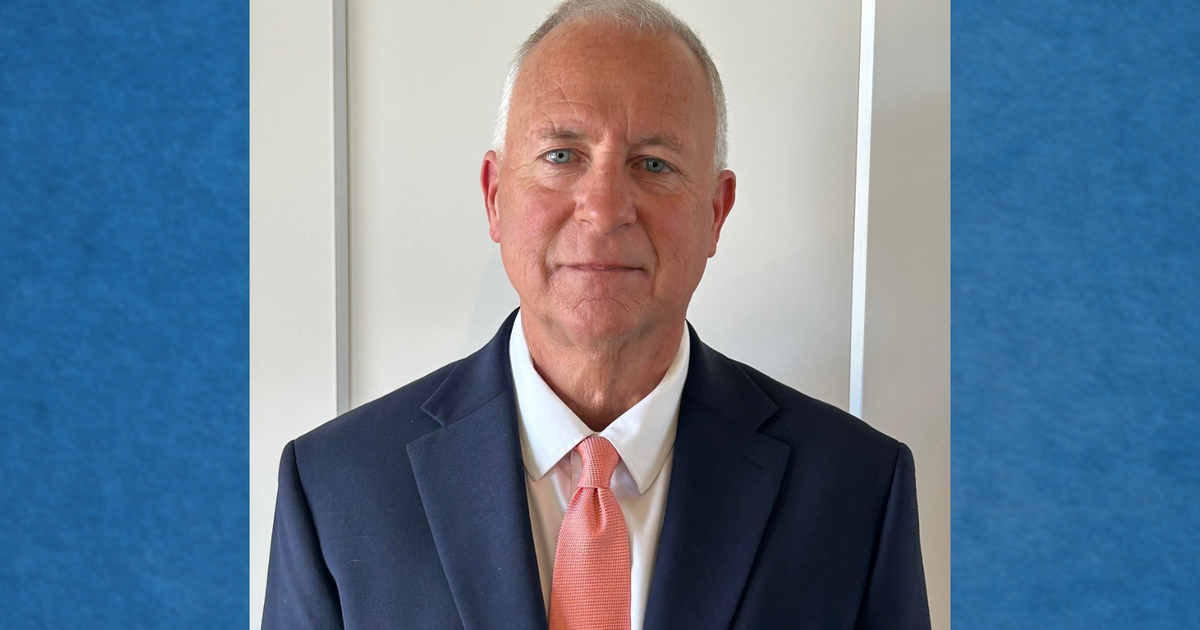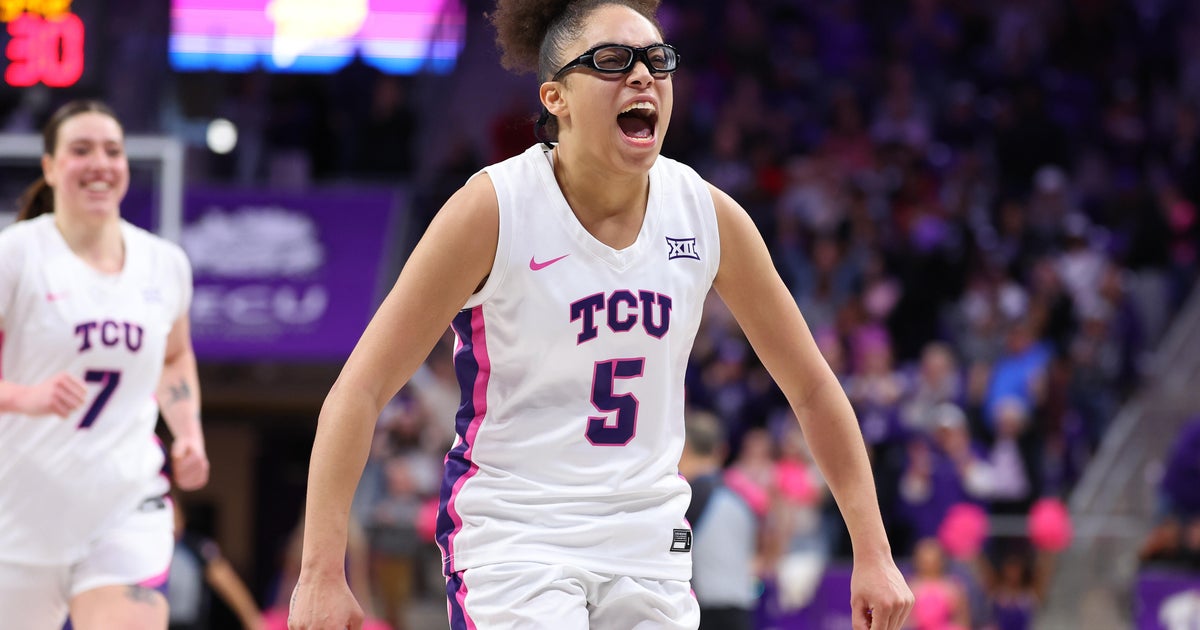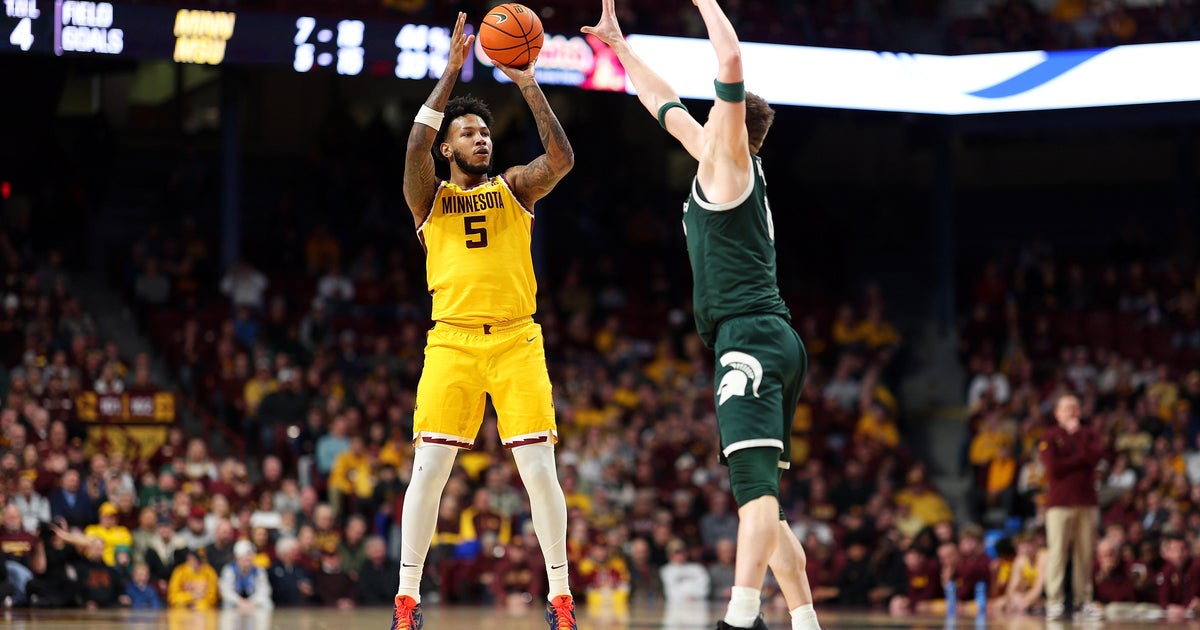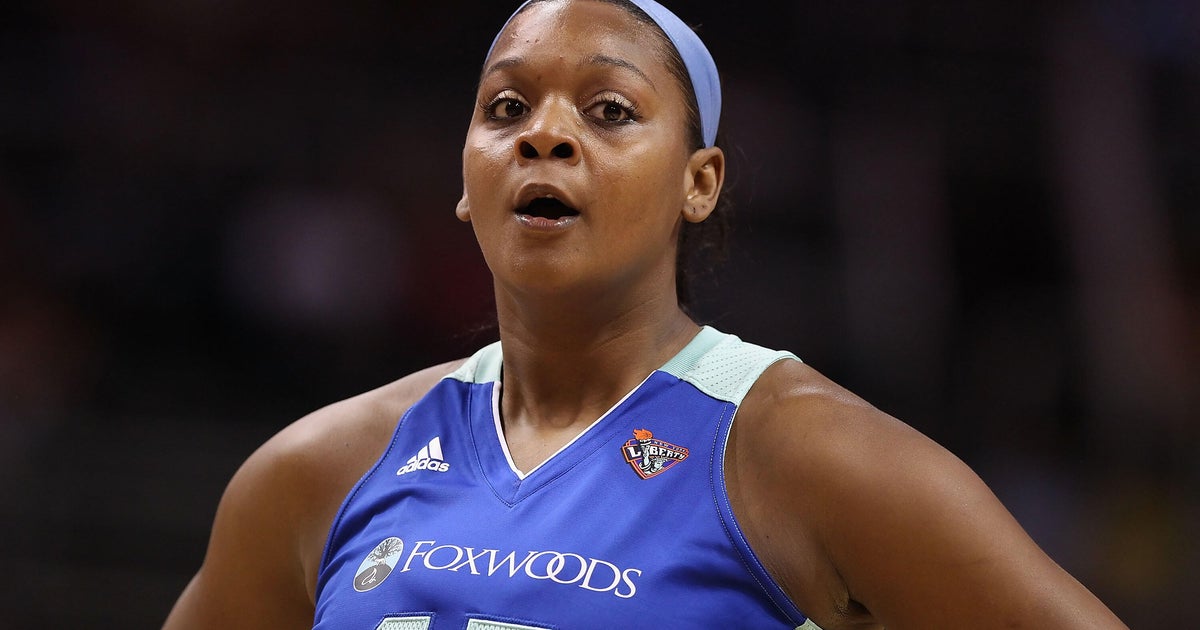Wisch: College Twitter Bans Deny (140) Character Building
By Dave Wischnowsky-
(CBS) To tweet, or not to tweet?
In Columbus, where the Ohio State University showed us how even in this post-Jim Tressel era it can still roll out a four-star cover-up story, that was the question on Tuesday.
To which we never got a straight answer.
(And probably never will.)
That morning, during his first team meeting after officially assuming the reins of the OSU football program, Urban Meyer reportedly issued a decree that banned his Buckeyes from using Twitter.
At least, that's what Meyer's players tweeted after the meeting as tight end Reid Fragel fired off a 128-character missive that read, "New staff new rules. No more twitter, not a big deal and probably for the better. Love our fans, love this place. Go Bucks #2012."
Meanwhile, tight end Jake Stoneburner added this 97-character tweet: "Twitter=Done. Me=back for senior year, leading this team, and shocking the world!! #gobucks #12-0."
Hours later, after Twitter (naturally) went gaga over news of the ban, a completely different story spun out of Columbus as the Buckeyes audibled an end-around and said that by no means did Meyer ban them from tweeting.
The Cleveland Plain-Dealer reported on Wednesday about the team meeting, "What Meyer apparently did not do was ban all the OSU players from using Twitter accounts, though there was some confusion about that during the day on Tuesday. Some players, after the meeting, wrote on Twitter of a ban, but others later said that wasn't the case, and two OSU staffers said they had no knowledge of such a policy."
Now, if that sounds like a cover-up that would make Jim Tressel proud, well, it's probably because it's …
Anyway, I digress.
After all, the real issue in this silly bit of drama to start Meyer's tenure at OSU isn't whether the coach did issue a Twitter ban, or if he did not. Rather, in my eyes, the issue is that it's become absolute folly for any college coach to ban his or her players from using Twitter, Facebook or any other social networking tool – unless you have good reason.
Bo Pelini, for example, did have a good reason last month when he banned his players from using Twitter until after the Capital
One Bowl following a 36-hour span in which three of them were arrested for various crimes.
If a Twitter ban is meant as a form of punishment for bad behavior, I get it. Because, by barring today's college kids from using the social networking tool, you're barring them from engaging in a huge part of campus life.
It's not unlike telling them they can no longer send text messages on their phones, and a Twitter ban very well might serve as a better 21st-century motivational ploy than running stadium stairs.
In the cases of Chris Petersen and Steve Spurrier – two other big-time college football coaches who have banned Twitter – however, their rationale for nixing Tweets was far weaker.
In 2010, Petersen, the head football coach at Boise State, said of his new in-season ban: "It's just a distraction that we just don't really need to have right now. There's plenty of time in their lifetime for Twitter."
Spurrier followed suit last summer, saying: "Well, we have some dumb, immature players that put crap on their Twitter, and we don't need that. So the best thing to do is just ban it."
Now, certainly, there are plenty of "dumb, immature players" throughout college football. But those same players could just as easily tweet dumb, immature things during the offseason that could potentially embarrass the program as they could during the season. A Twitter ban really protects a university from little, while denying players a lot.
That's why I was pleased to see that University of Illinois basketball coach Bruce Weber, who previously had instituted an in-season Twitter ban for his players, did not prohibit it this year – even if Weber didn't revoke the ban on purpose.
"I'll be honest, I kind of forgot," explained Weber, who likely forgot because tweeting has become a normal part of social interactions. "I think it was my daughters that said, 'Dad, you're letting them Twitter.' If they do it in the right way, I'll let them.
Hopefully we don't have a major incident."
Truth be told, while I've long embraced Facebook, I've been slow to adopt Twitter myself. It's only been in recent months that I've finally really gotten into tweeting through my @wischlist account.
As a result, when Weber had previously banned his players from Twitter, I didn't consider it a huge deal because tweeting wasn't a huge deal to me. However, during the past several months, I've gained a far better understanding of the networking tool's full appeal, as well as just how big it has become for college students as a means of simple communication.
By banning Twitter, what you're really doing is denying your players from keeping in touch with their friends in a fashion that's become as normal to them as talking. And as we move deeper into the 21st-century, Twitter – or whatever social networking tool comes next – isn't going to become a smaller part of college kids' lives, it's only going to become bigger.
So, by prohibiting use of it, a coach is essentially telling his or her players that they're not allowed to grow with the future and communicate with their peers in a normal way. Rather than banning Twitter, I think it would make far more sense for coaches to help their players understand how to use it responsibly.
Schools could even hire a social media coach to better prepare their athletes for future scrutiny by giving them the opportunity to use Twitter to build character.
You know, 140 characters at a time.
If nothing else, Dave Wischnowsky is an Illinois boy. Raised in Bourbonnais, educated at the University of Illinois and bred on sports in the Land of Lincoln, he now resides on Chicago's North Side, just blocks from Wrigley Field. Formerly a reporter and blogger for the Chicago Tribune, Dave currently writes a syndicated column, The Wisch List, which you can check out via his blog at http://www.wischlist.com. Follow him on Twitter @wischlist and read more of his CBS Chicago blog entries here.
